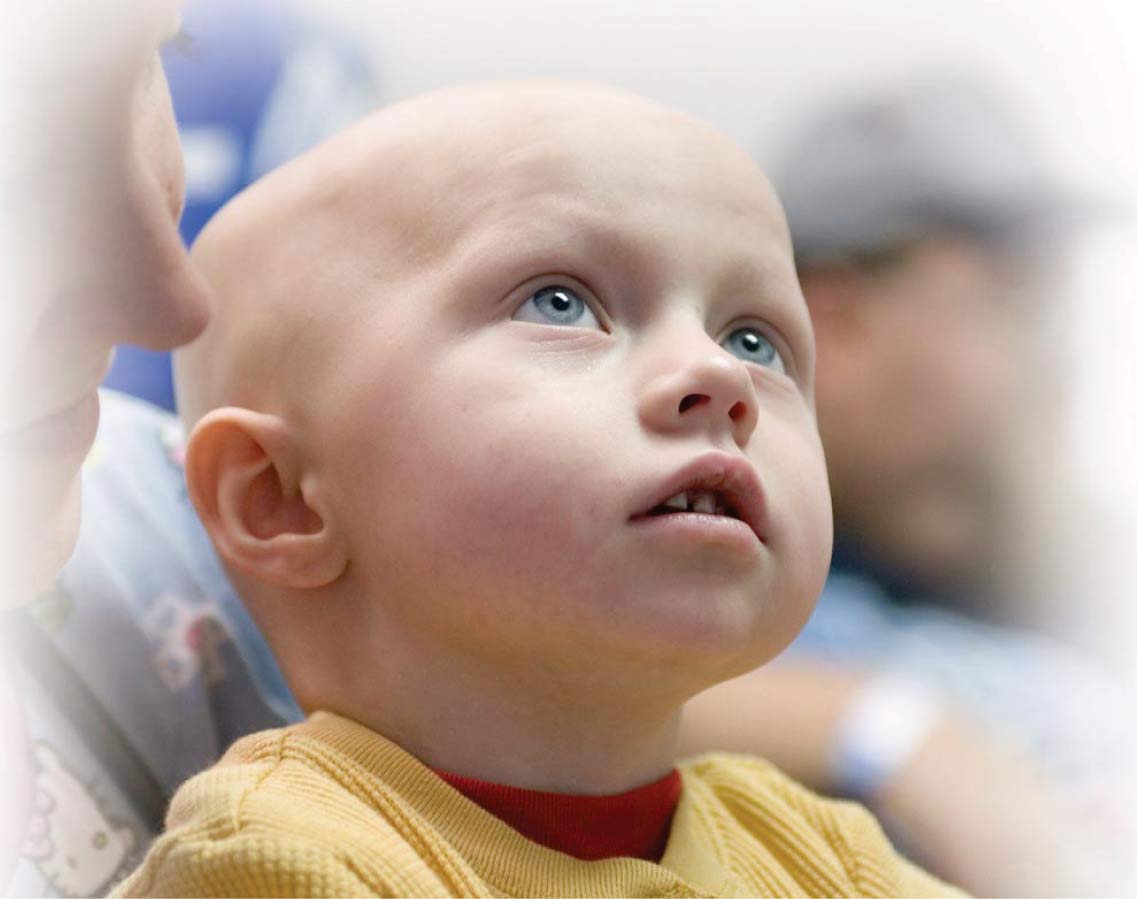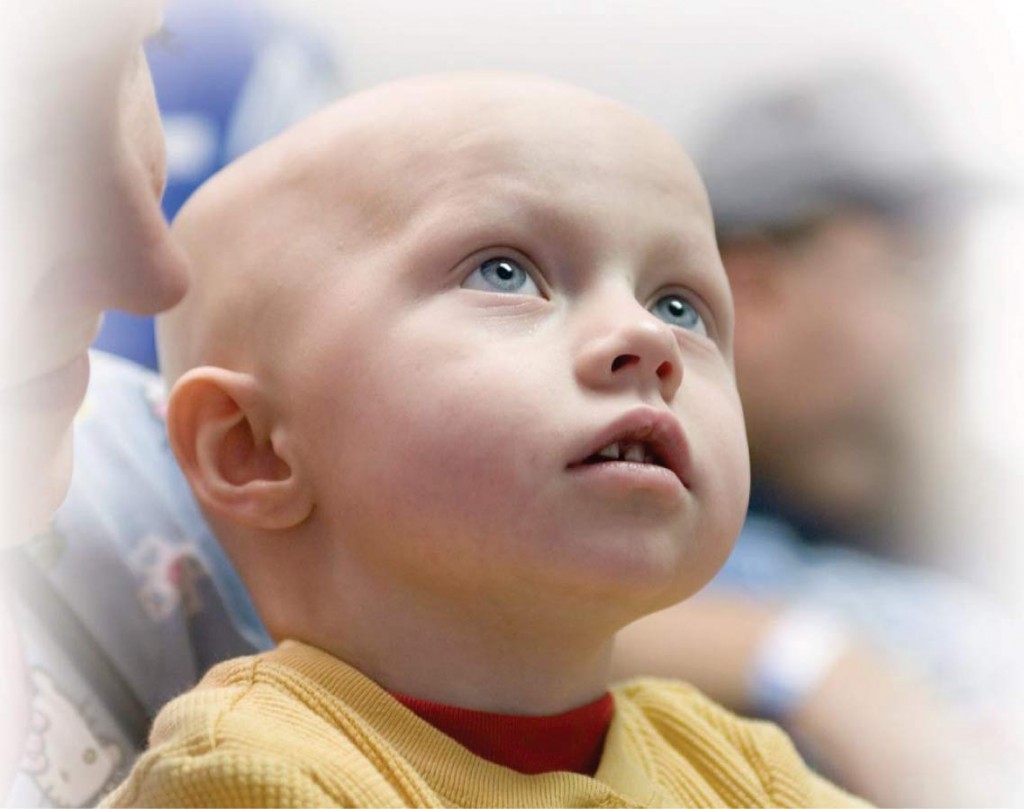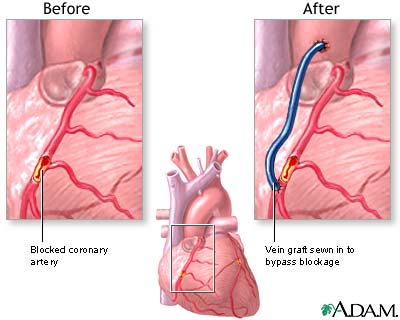 U.S. Marine Lance Cpl. Greg Rivers, 20, of Sylvester, Ga., waits to take psychological tests at the Marine Corps Air Ground Combat Center in Twentynine Palms, Calif. on Sept. 29, 2009.
U.S. Marine Lance Cpl. Greg Rivers, 20, of Sylvester, Ga., waits to take psychological tests at the Marine Corps Air Ground Combat Center in Twentynine Palms, Calif. on Sept. 29, 2009.
Military experiment seeks to predict PTSD
Some Marine and Army units being tested to detect early signs of stress
TWENTYNINE PALMS, Calif. – Two days before shipping off to war, Marine Pfc. Jesse Sheets sat inside a trailer in the Mojave Desert, his gaze fixed on a computer that flashed a rhythmic pulse of contrasting images.
Smiling kids embracing a soldier. A dog sniffing blood oozing from a corpse. Movie star Cameron Diaz posing sideways in a midriff top. Troops cowering for safety during an ambush.
A doctor tracked his stress levels and counted the number of times he blinked. Electrode wires dangled from his left eye and right pinky finger.
Sheets is part of a military experiment to try to predict who’s most at risk for post-traumatic stress disorder. Understanding underlying triggers might help reduce the burden of those who return psychologically wounded — if they can get early help.
PTSD is a crippling condition that can emerge after a terrifying event — car accident, sexual assault, terrorist attack or combat. It’s thought to affect as many as one in five veterans returning from Afghanistan and Iraq.
Military doctors have been mystified as to why certain warfighters exposed to bombings and bloodshed develop paralyzing stress symptoms while others who witness the same trauma shake it off.
Studies on veterans and civilians point to some clues. Childhood abuse, history of mental illness and severity of trauma seem to raise a person’s risk. Having a social net and a coping strategy appear to offer some protection.
However, none of the factors explored so far are reliable predictors.
“Right now, we can’t determine with certainty who will and who won’t develop PTSD,” said Paula Schnurr, deputy executive director of the Department of Veterans Affairs’ National Center for Posttraumatic Stress Disorder. “Perhaps with better measures, we can get closer.”
Earlier this year, a quarterly publication from the national PTSD center found that studies to date have looked at only “a narrow band of the potential risk and resilience predictors” and that more work beyond surveys was needed.
Urgency to detect early signs
New PTSD studies are using technology to try to get at the answer. Select Marine and Army units are undergoing a battery of physical and mental tests before deployment including genetic testing, brain imaging and stress exams. They are followed in war zones and upon return.
There’s an urgency to detect early signs. Since the 2001 terrorist attacks, more than 1.8 million U.S. troops have fought in Afghanistan or Iraq. The Obama administration is weighing whether to increase forces in Afghanistan where violence has escalated in recent months.
Previously called shell shock, combat fatigue and post-Vietnam syndrome, PTSD was officially recognized as a mental disorder in 1980. Sufferers experience flashbacks, nightmares, sudden outbursts and social withdrawal and are sometimes haunted years after the trauma.
The ongoing wars have given scientists fresh opportunities to follow service members.
One autumn morning, a throng of Marines squeezed into a trailer at the Marine Corps Air Ground Combat Center in Southern California before deploying to Afghanistan. They belonged to the 3rd Battalion, 4th Marine Regiment — nicknamed the “Thundering Third.”
“We’re doing this not to make you better prepared to go do what you have to do in Afghanistan. We’re not doing this to make your health any better,” said Dr. William Nash, a retired Navy psychiatrist and study co-investigator. “We’re doing this so that we can learn more about how to protect Marines from stress injuries like PSTD.”
Nash asked how many have heard of PTSD. A half dozen raised their hands.
Who wants PTSD? “Right, nobody,” he answered rhetorically.
The trailer soon buzzed like a factory, with Marines rotating from one test station to another in an assembly line. They donated blood, urine and saliva samples so researchers can search for genetic biomarkers that might play a role.
Groundbreaking research published last year on adult survivors of child abuse suggests that specific variations of a gene increased their chances of developing PTSD. Scientists believe there may be many other gene variants that contribute to PTSD risk.
Marines also underwent a blink test to gauge their startle response and neuropsychological screening. They filled out questionnaires and were interviewed by psychiatrists with a checklist to diagnose PTSD.
The work is funded by the Marine Corps, Veterans Affairs and Navy Medicine. Last year, about 1,000 Marines were recruited before leaving for Iraq.
This latest batch of 673 Marines who were tested during a two-week period in the fall headed to Afghanistan where they’re sure to see more intense fighting. They will be followed up in the field by Navy corpsmen with special “stress first-aid” training to read early signals.
Researchers recently did six-month follow-up testing on some Marines who returned from Iraq. It will take time to analyze the results, said the study’s lead investigator, Dr. Dewleen Baker of the VA San Diego Healthcare System.
Cmdr. Bryan Schumacher, the 1st Marine Division’s top doctor, said the purpose of studying PTSD triggers is not to bar someone from service. If it turns out that something can be done to prevent it, those vulnerable could get special training to reduce their risk, he said.
Similar research is ongoing 1,300 miles away at the University of Texas at Austin where scientists have collected detailed health data from 178 soldiers from nearby Fort Hood who recently came back from Iraq. The base was the scene of a massacre on Nov. 5 when an Army psychiatrist opened fire, killing 13 people and wounding dozens more.
The shooting has not affected the research, which enrolled first-time deployed soldiers. Unlike the Marines, the soldiers filled out monthly questionnaires online while in combat that tracked their experiences such as whether they saw a roadside bomb go off or knew of a wounded buddy.
Before deployment, soldiers submitted a DNA sample, had an MRI scan of their brain and inhaled carbon dioxide as part of a stress reaction test.
Early results suggest soldiers who reacted more strongly to the CO2 test and who were exposed to more stress in the field showed greater PTSD symptoms, said chief researcher Michael Telch, of UT Austin’s Laboratory for the Study of Anxiety Disorders.
The decision to volunteer in the Marine experiment was personal for Lance Cpl. Jaecob Kyllo. His grandfather fought in Korea and Vietnam and two uncles served in Operation Desert Storm. They spoke less afterward and would get irritated easily.
Kyllo said his uncles were diagnosed with PTSD and suspects his grandfather had it too.
“I’ve seen it before and it’s not the most pleasant thing,” said the 20-year-old from Seattle, who previously served in Iraq.
Melvin Carter, a 27-year-old Marine sergeant who had done three tours in Iraq, noticed buddies who were once laid-back turn angry after coming home. The Oakland, Calif., native copes with stress by laughing and cracking jokes.
Navy corpsman Benjamin Reinhardt was recently trained to look for signs of PTSD in 20 Marines attached to a mortar platoon. He likened his job to a school nurse. Marines confide in him about their innermost struggles. He thinks he can spot when someone is not himself.
“I tend to be reasonably observant with people’s personalities. I can see changes,” said the 21-year-old from upstate New York.
He added: “I hope none of us become PTSD casualties.”
Sheets, a 22-year-old private first class from Newark, Del., has never seen combat before. Before joining the Marines, Sheets dabbled with college and was working a dead-end job hauling trash.
He enlisted after being inspired by a sermon from his pastor. While in infantry school, he met a sergeant who suffered from PTSD. He’s not exactly sure what it is, but has heard horror stories.
“A guy comes home from war and he’s freaking out. He’s beating his wife. He’s drinking. He’s doing everything he can. He’ll go off and he’ll hate the Marine Corps,” Sheets said. “And it’s just like, OK, is that going to be me when I come home?”
100 ptsd,about ptsd,acute ptsd,articles on ptsd,bipolar ptsd,caps ptsd,causes of ptsd,cbt ptsd,child ptsd,children ptsd,chronic ptsd,clinician administered ptsd scale,cognitive behavioral therapy ptsd,combat ptsd,complex ptsd,complex ptsd symptoms,coping with ptsd,counseling ptsd,delayed onset ptsd,delayed ptsd,diagnosing ptsd,diagnosis of ptsd,diagnostic criteria for ptsd,do i have ptsd,dsm criteria for ptsd,emdr and ptsd,emotional ptsd,history of ptsd,history ptsd,living with ptsd,lsd military experiment,mental health ptsd,military experiment,military experiments,military experiments with lsd,military human experiments,military lsd experiments,military ptsd,national center for ptsd,panic ptsd,pc ptsd,post traumatic stress disorder ptsd,posttraumatic stress disorder ptsd,psychology ptsd,psychotherapy ptsd,ptsd,ptsd 101,ptsd abuse,ptsd and children,ptsd and soldiers,ptsd anxiety,ptsd art,ptsd article,ptsd articles,ptsd assessment,ptsd blog,ptsd brain,ptsd causes,ptsd center,ptsd chat,ptsd checklist,ptsd child abuse,ptsd code,ptsd combat veterans,ptsd definition,ptsd depression,ptsd diagnosis,ptsd diagnostic criteria,ptsd disorder,ptsd disorders,ptsd dissociation,ptsd dsm,ptsd emdr,ptsd expert,ptsd fact sheet,ptsd facts,ptsd flashbacks,ptsd forum,ptsd group therapy,ptsd help,ptsd information,ptsd iraq,ptsd memory,ptsd nightmares,ptsd ocd,ptsd org,ptsd patients,ptsd pdf,ptsd pictures,ptsd ppt,ptsd psychiatry,ptsd psychological,ptsd questionnaire,ptsd questions,ptsd rating,ptsd recovery,ptsd research,ptsd resources,ptsd screen,ptsd self help,ptsd statistics,ptsd stress,ptsd support,ptsd support groups,ptsd survivors,ptsd symptoms,ptsd syndrome,ptsd test,ptsd therapist,ptsd therapists,ptsd training,ptsd trauma,ptsd treatment,ptsd treatment centers,ptsd treatment for veterans,ptsd treatment plan,ptsd treatment veterans,ptsd veterans,ptsd vets,ptsd victims,ptsd video,ptsd videos,ptsd vietnam veterans,ptsd war,ptsd women,secondary ptsd,secret military experiments,soldiers ptsd,soldiers with ptsd,statistics on ptsd,symptoms of ptsd,therapy for ptsd,therapy ptsd,trauma and ptsd,treating ptsd,treatment for ptsd,treatment of ptsd,treatment plan for ptsd,treatments for ptsd,treatments of ptsd,treatments ptsd,understanding ptsd,us military experiments,veteran ptsd,veterans and ptsd,veterans ptsd statistics,veterans with ptsd,vietnam ptsd,vietnam war ptsd,what is ptsd symptoms,Military experiment seeks to predict PTSD




